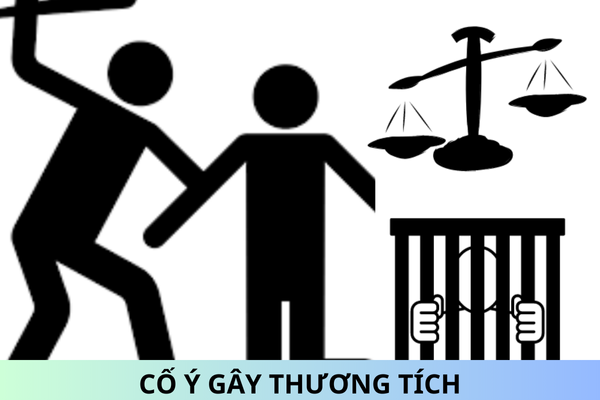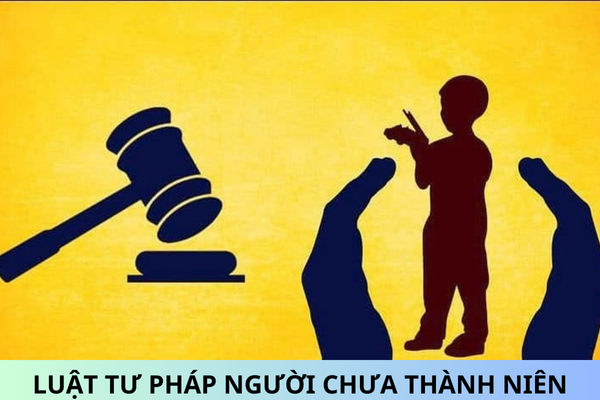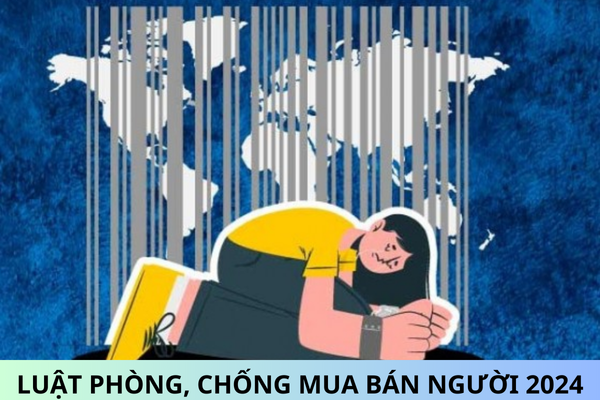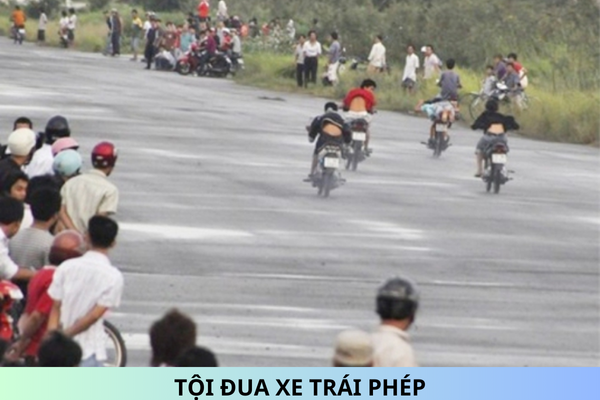If the offender voluntarily pays damages but is refused, can he be considered as a mitigating factor in Vietnam?
If the offender voluntarily pays damages but is refused, can he be considered as a mitigating factor in Vietnam? What are conditions for suspended sentences for offenders in Vietnam?
My husband beat a neighbor, injured 12% and was criminally prosecuted for intentionally causing injury. My family went to this neighbor's house to give the compensation amount of 70 million, but Mr. A refused to accept this compensation. So, in the above case, is the fact that I give compensation to Mr. A but Mr. A does not accept it, is it considered a mitigating circumstance? If the family dismisses the prosecution request, will my husband have to go to jail? Thank you!
If the offender voluntarily pays damages but is refused, can he be considered as a mitigating factor in Vietnam?
Pursuant to Article 51 of the Penal Code 2015 as amended by Clause 6, Article 1 of the Law amending the Penal Code 2017 provides for mitigating factors as follows:
1. The following circumstances are considered mitigating factors:
a) The offender has prevented or reduced the harm caused by the crime;
b) The offender voluntarily makes rectification, pays damages or relieves the consequences;
c) The crime is considered unjustified force in self-defense;
d) The crime is considered unjustified force in urgent circumstance;
dd) The crime is considered unjustified force in capturing a criminal;
e) The crime is committed under provocation caused by the victim's illegal acts;
g) The crime is committed because of extreme hardship that is not on the offender's account;
h) The crime has not inflicted damage or the damage inflicted is not significant;
i) The offender commits a less serious crime and does not have prior criminal record;
k) The crime is committed because the offender threatened or coerced by others;
l) The offender commits the crime while because of lack of awareness that is not on his/her account;
m) The crime is committed due to obsolescence;
n) The offender is a pregnant woman;
o) The offender is 70 years of age or older;
p) The offender has a serious physical disability or extremely serious physical disability;
g) The offender has a disease that limits his/her awareness or control of his/her acts;
r) The offender turns himself/herself in;
s) The offender expresses cooperative attitude and/or contrition;
t) the offender fully cooperates with responsible for authorities in discovery of crimes or during the investigation;
u) The offender has made reparation in an effort to atone for the crime;
v) The offender is an excellent worker, soldier or student;
x) The offender is revolutionist, parent, spouse or child of a war martyr or war veteran.
2. When issuing a decision on sentences, the Court might consider the offender's turning himself/herself in or other circumstances as mitigating factors and specify the reasons in the judgment.
3. If a circumstance defined as a mitigating factor this document is the basis for determination of a crime or sentence bracket, it shall not be considered a mitigating factor in the decision on sentences.
According to this Article, your family has voluntarily used the money to compensate for damage caused by your husband's criminal acts but the victim refuses to receive it, you can make an application and request to pay that amount to the prosecution agency, judgment enforcement agencies or other competent agencies to carry out the repair, compensation for damage and remedial consequences caused by the defendant's criminal acts. Or your family can prove that your family has voluntarily compensated but the victim does not receive and keep the money and is ready to compensate when requested, your husband may apply mitigating factor according to the above provisions in Vietnam.
Conditions for suspended sentences for offenders in Vietnam
Pursuant to Article 155 of the 2015 Criminal Procedure Code, which provides for filing of criminal charges as per the crime victim’s petitions as follows:
1. Only criminal charges against offences as defined in Section 1 of Article 134, 135, 136, 138, 139, 141, 143, 155, 156 and 226 of the Criminal Code can be pressed at the requests for the crime victim or the representative of the crime victim less than 18 years of age or having mental or physical defects or passing away.
2. If the petitioner withdraws his petition for charges, the lawsuit shall be dismissed. If such person is evidently found to withdraw the petition against his will out of coercion or duress, the investigation authority, Procuracy or Court shall maintain the charges regardless of the petition for withdrawal.
3. The crime victim or its representative is not permitted to resubmit a petition withdrawn, unless such withdrawal results from coercion or duress.
Pursuant to Clause 1, Article 134 of the 2015 Penal Code as amended by Clause 22, Article 1 of the Law amending the Penal Code 2017, the crime of intentionally causing injury or causing harm to the health of others is as follows:
1. A person who deliberately inflicts bodily harm upon another person and causes 11% - 30% whole person impairment (WPI) or under 11% WPI in any of the following circumstances shall face a penalty of up to 03 years' community sentence or 06 - 36 months' imprisonment:
a) Explosive, a dangerous weapon, a dangerous method is used to harm numerous people;
b) Acid or a hazardous chemical is used;
c) The victim is a person aged under 16, a women whose pregnancy is known by the offender, an old and weak, sick, or defenseless person;
d) The victim is the offender's grandparent, parent, caregiver, teacher or physician;
dd) The offence is committed by an organized group;
e) The offender misuses his/her position or power to commit the offence;
g) The offender commits the crime while being kept in temporary detention, serving an imprisonment sentence, receiving compulsory education in a reform school, correctional institution or rehabilitation center;
h) The offence hires another person or is hired by another person to inflict bodily harm to another person;
i) The offence is of a gangster-like nature;
k) The offence is committed against a law enforcement officer in performance of his/her official duties or because of his/her official duties.
Thus, if your husband has no other mitigating factors, your husband will commit a crime in Clause 1, Article 134 of the Penal Code 2015 and if the victim withdraws the prosecution, your husband will not be examined for penal liability in Vietnam.
Best regards!











